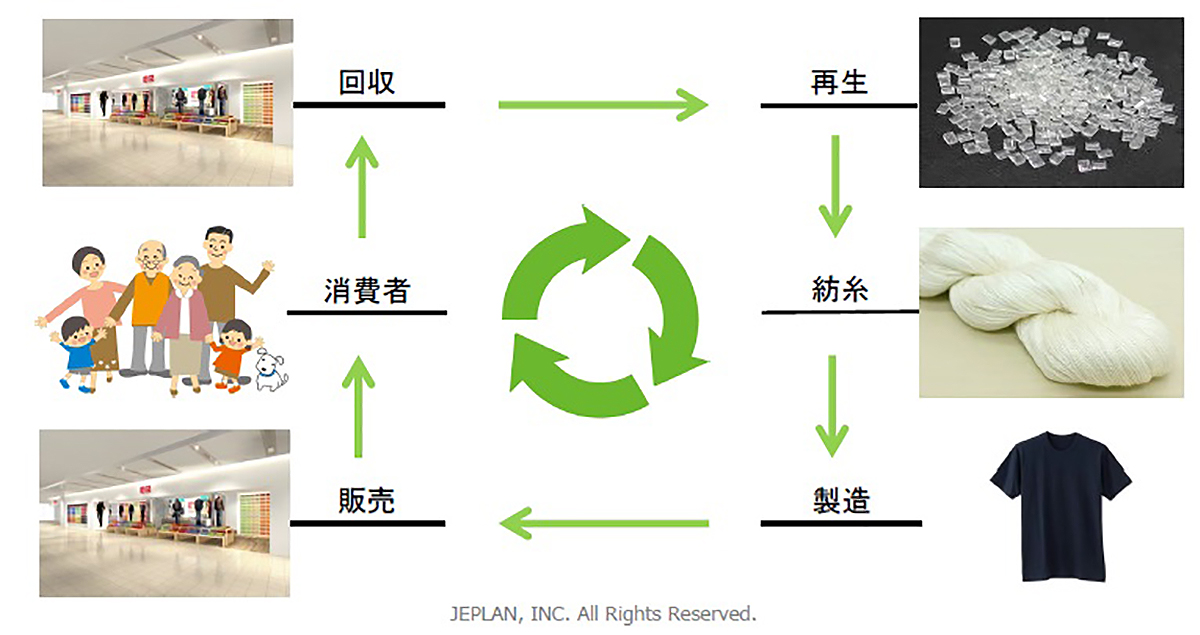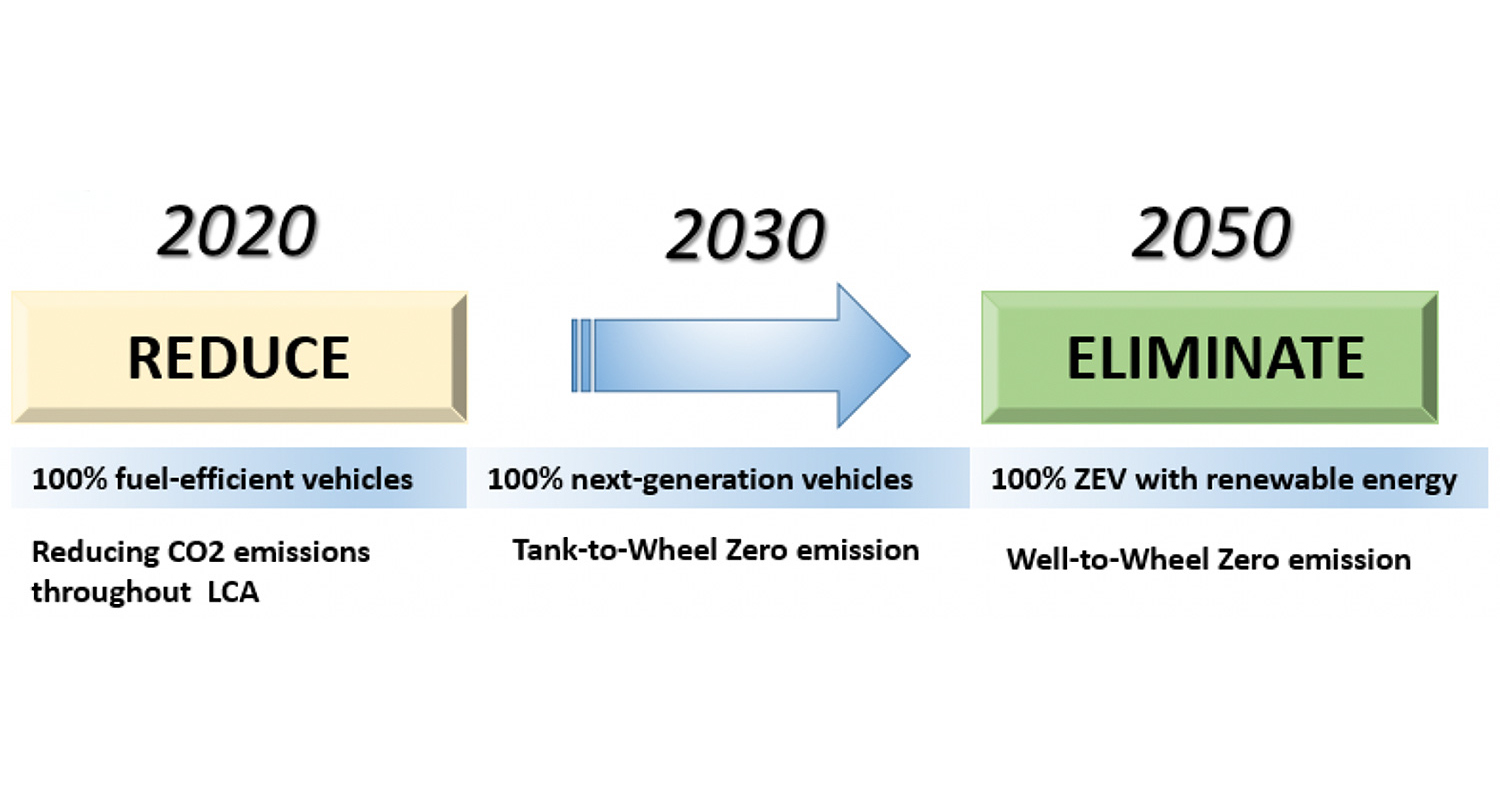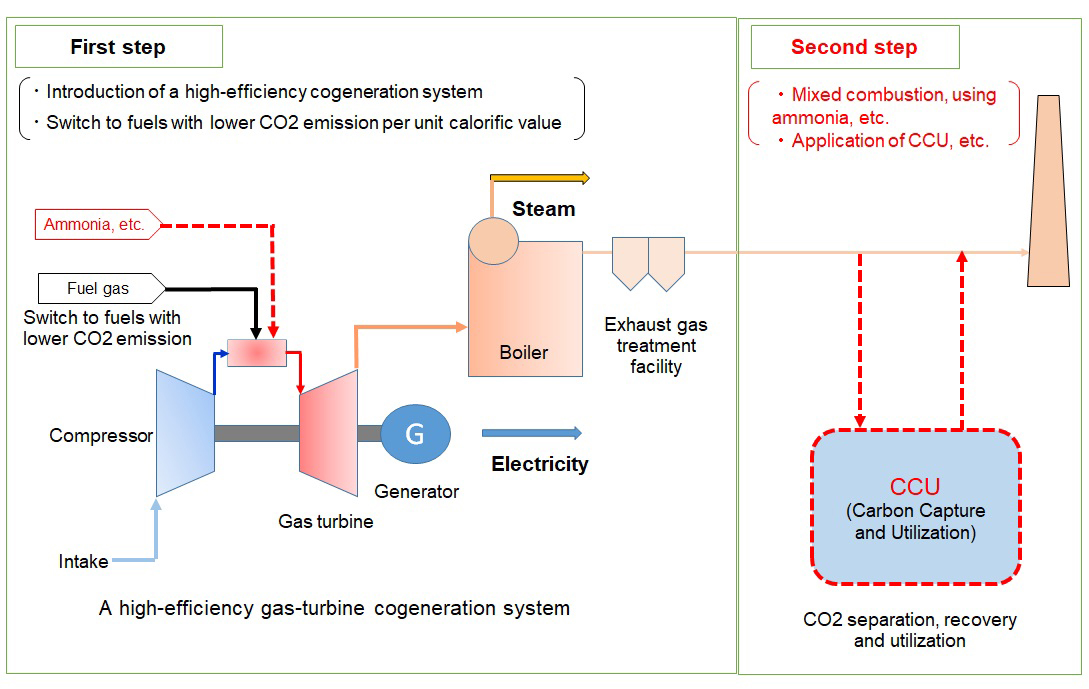Supporting the RE100 mission and developing a circular business model
Takashimaya Company, Limited
Outline
As a member of RE100, we are aggressively rolling out technology for sourcing renewable electricity in order to cut greenhouse emissions. We are also reducing waste through a return-and-recycle scheme (customers return disused products and we recycle and reuse them). As a retailer that interfaces directly with consumers, we have an opportunity to promote sustainable consumption by, for example, communicating the importance of achieving net zero emissions and promoting the products of green technology.
Description
We recently joined global initiative RE100, committing to source 100% of our energy from renewable sources by 2050. Since the Japan Climate Initiative (JCI) launched in July 2018, we have engaged with JCI’s mission to achieve a carbon-free future, taking energy-saving actions such as installing LEDs in its stores and offices. As part of RE100, we will add to such actions by progressively converting our stores and other facilities to renewable sources, thereby reducing the carbon footprint of our business activities.
When developing our properties, we will try to get the buildings certified as “ZEB Oriented” by installing solar panels and using geothermal energy. This mission entails two key challenges. The first concerns energy costs; these costs will only come down once there is a stable supply of renewable energy. The second concerns the fact that most of our properties are situated in urban environments, where there is little space to use such renewables.
To address the first challenge, we will work with other companies and local facilities to jointly procure renewable energy. For the second challenge, we will research a wide range of options that can work in limited space. One such option is to use biomass power generators fueled by biodegradable garbage. By overcoming these challenges, we will accelerate the shift to renewable sources across our facilities.
Converting to renewable sources is not the only contribution we make toward global sustainability. In partnership with major clothing manufacturers, we have encouraged customers to return their disused clothing. However, under this campaign, clothes are returned, but they are never broken down and recycled.
One of our medium- to long-term strategies is to develop a sustainable and circular business model. That is why we have invested in JEPLAN, INC., which possesses outstanding chemical recycling technology. The investment will help the company develop its technology. By combining JEPLAN’s technology with our sales network and our forte in product development, we will develop a sustainable and circular business model in which disused products get recycled and marketed afresh as Takashimaya merchandise. By applying this return-and-recycle model to a wide range of merchandise, we can add sustainable value, in that our business is helping cut waste and thus contributing to net zero emissions.
Similar Innovation Challenges
Achieve 2050 decarbonization target with Net Zero Energy House!
Sekisui House, Ltd.
Achieving net-zero emissions by promoting renewable energy use through both our monozukuri and products.
DAIWA HOUSE INDUSTRY CO., LTD.





